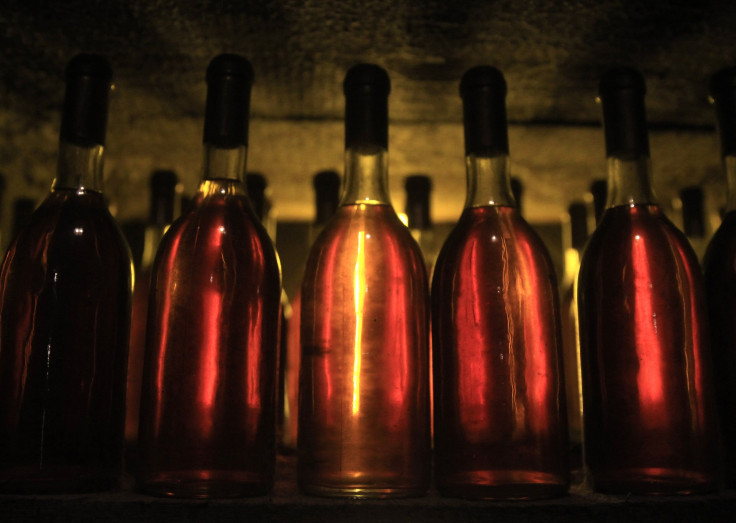‘Drink more red wine to prevent cancer’ – a lie; New study discovers lesser doses, more preventive

Researchers revealed the falsehood behind the advice of “drinking more red wine will prevent cancer” as they discovered a lower daily dose of wine is far more preventive, and taking high doses will not prevent cancer. The study shows smaller dose gives 50 percent reduction in tumour size, while a high dose results in 25 percent reduction in cancer-stricken mice.
Previous studies advised cancer patients to consume high amount of red wine necessary to prevent cancer. Early studies found that purified resveratrol, a chemical found in red grapes, was more effective in higher doses. But a new study, published on July 29 in Science Translational Medicine, suggests lower doses of resveratrol were twice effective to stop growing tumours of colorectal cancer, also known as colon, rectal or bowel cancer, in mice than high doses.
In the study, researchers found an enzyme that they have guessed linked on the effect of red wine on the tumours after giving different levels of doses of resveratrol to mice affected with colorectal cancer. The adenosine monophosphate-activated protein kinase, or AMPK enzyme, which regulates cells’ energy supply, was seen more strongly in the mice given with lower doses.
The researchers tested the samples of tumours from bowel cancer patients who had taken a dietary dose of resveratrol every day for a week prior to surgery. The researchers found more AMPK in the patients with lower doses and concluded that the enzyme can get into cancer cells and potentially affect processes involved in tumour growth.
Karen Brown, professor of translational cancer research at the University of Leicester, said that for the first time, a research shows “less resveratrol is more.” However, she stated the study was an early laboratory research and suggests that the “next stage is for clinical trials to confirm whether resveratrol has the same effects in people at high risk of bowel cancer."
Despite the positive effect of wine in the body, Dr Julie Sharp, Cancer Research UK's head of health information, said having a glass of red wine will not bring full benefit on treating cancer, as “you can't separate the resveratrol from the alcohol. And the increase in cancer risk linked to alcohol outweighs any possible benefits of the resveratrol.”
Contact the writer at feedback@ibtimes.com.au






